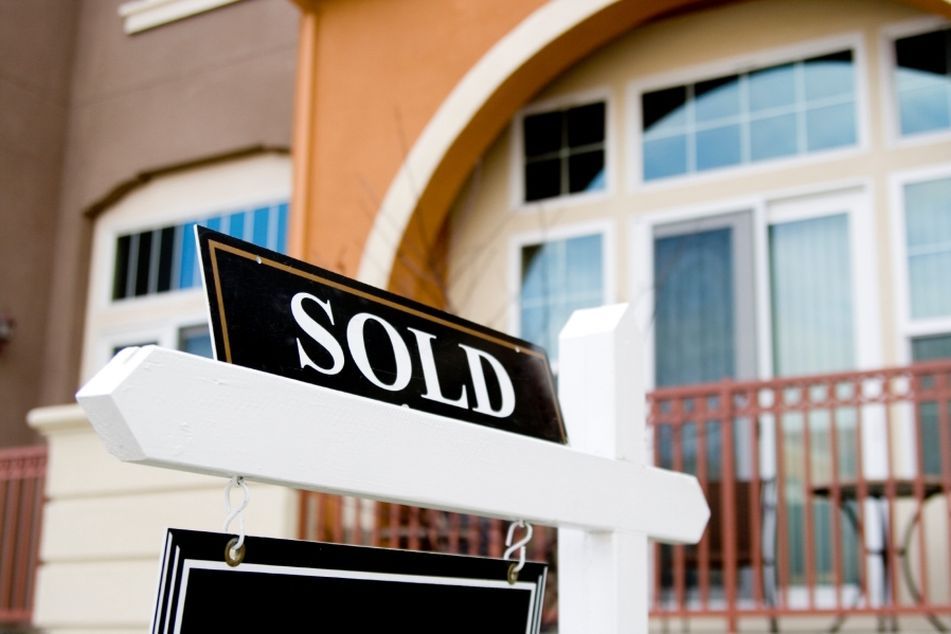Navigating private real estate investments amid COVID-19

The pandemic has put real estate valuations on hold for now
When it comes to alternative investments, including private real estate, the financial services industry is taking a cautious approach to avoid making many of the mistakes that unfolded during the financial crisis a decade ago.
Speaking as part of panel discussion during a virtual conference Monday morning, Thayer Gallison, vice president and due diligence officer at Advisor Group, said it is important to stick with the plan and not make knee-jerk reactions when evaluating investments.
“We have to be careful when it comes to changing due diligence due to some kind of shock,” he said. “When big events like this happen, we look internally and hit pause on new products for a while. We are turning inward and looking at everything from the perspective of this crisis.”
With private real estate deals having essentially ground to halt during the lockdowns that have spread across the country as a result of COVID-19, Gallison said the risks associated with valuations has ramped up and needs to be closely monitored.
“We know valuations work well during a normal market,” he said.
However, when deals are no longer happening and private real estate valuations are less clear, Gallison added, “you will have trouble trusting the number.”
“One of the reasons risk people at broker-dealers are careful is because broker-dealers got into trouble during the financial crisis, and the regulators came down pretty hard,” he said. “Now we’re talking about how precise the valuations are. It’s a much higher-level conversation today, which I think is a positive.”
Meanwhile, because the economy was in solid shape prior to the global pandemic, much of the private real estate market is expected to hold up once the lockdown passes.
“Real estate entered the crisis in a strong position, and we believe commercial real estate will be resilient,” said Ryan Strauser, senior vice president of product management at Black Creek Group.
“There will be some cash flow issues, but the stimulus money is flowing through,” he added. “We’ve got record low rates and the Fed has said it will keep rates lower for longer, which will be driving investors to private real estate now and in the future.”
In many respects, the effective shut down of real estate markets will give certain alternative asset classes a chance to shine because the valuations are not being impacted by panic selling or opportunistic buying, said Sherri Cooke, president and chief executive of AI Insight.
“Collectively, alternative asset classes have an opportunity to come out of this crisis with some good narratives,” she said.
Learn more about reprints and licensing for this article.








